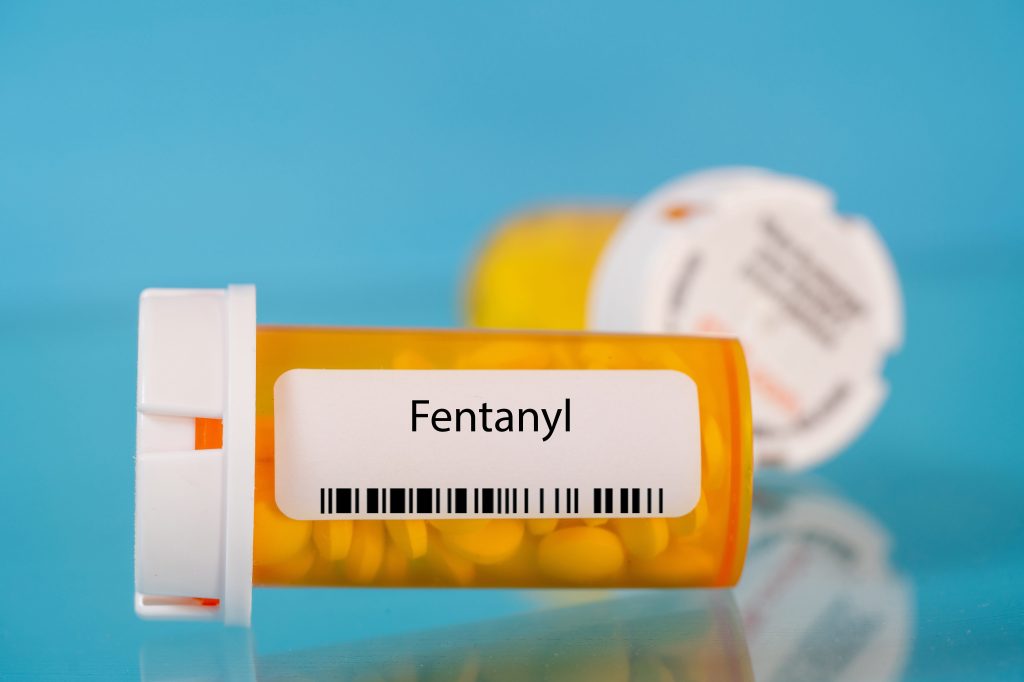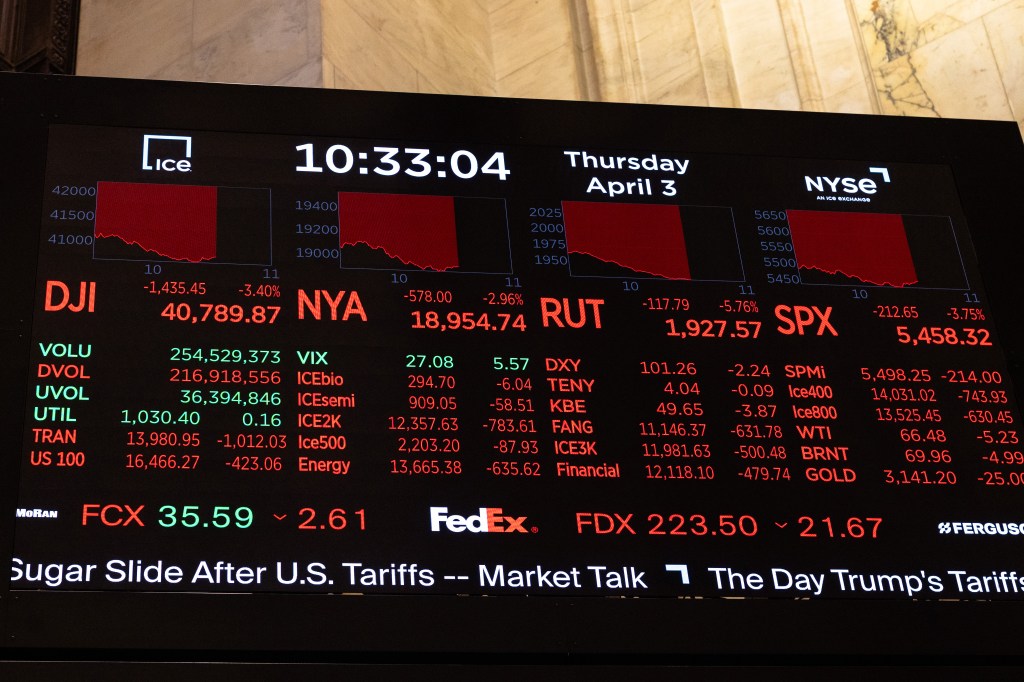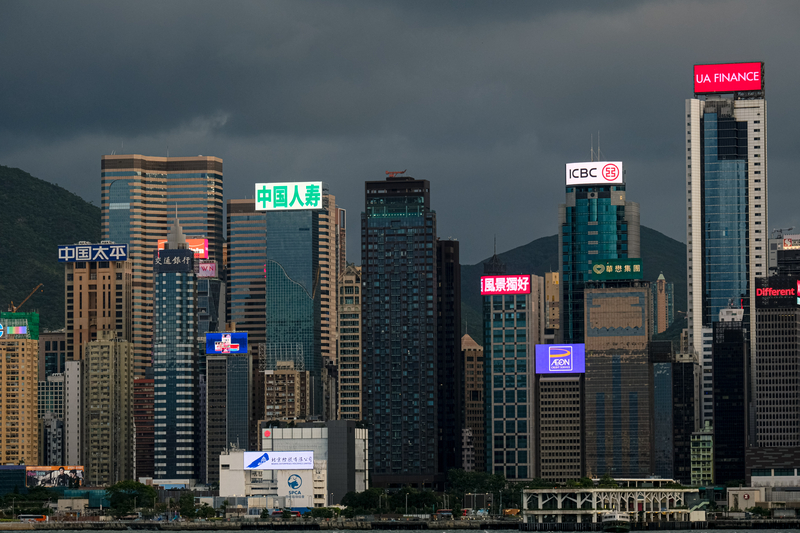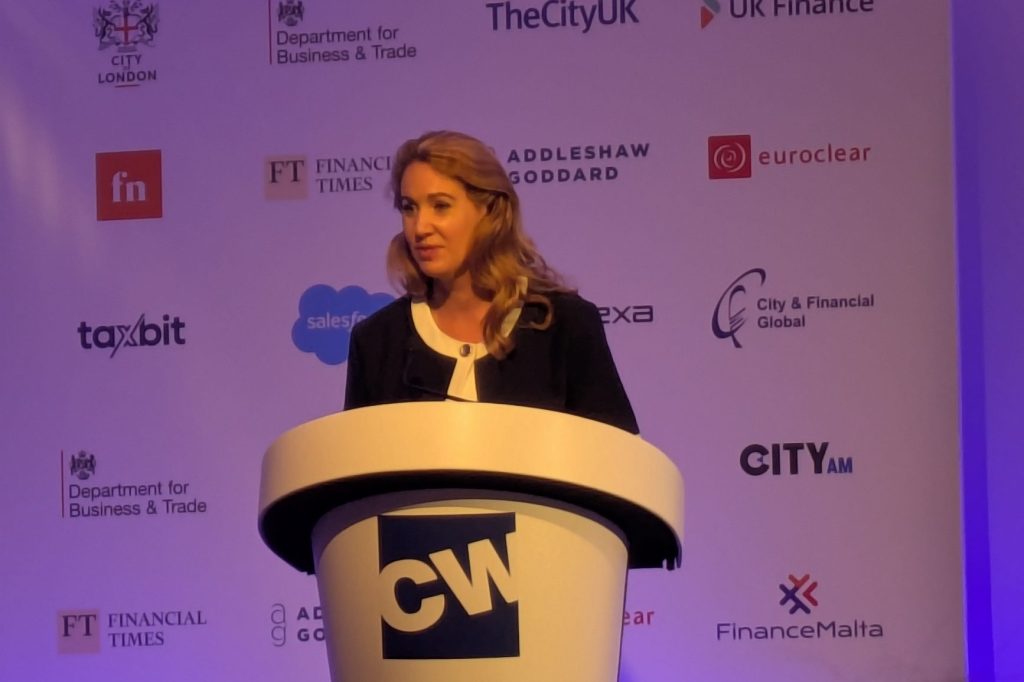Take a walk along Oxford Street, the famous shopping thoroughfare in London’s West End, and you may be struck by the amount of candy on offer. There are 30 stores selling American candy and cheap souvenirs – dubbed ‘tat’ by Londoners – within a one mile area in the district, and the local authority has highlighted them as a case study in a new push to clean up London’s growing reputation as “a laundromat for dirty money”.
Westminster City Council’s Charter Against Dirty Money has been launched to “address the presence and impacts of illicit finance”, and brings together the public, private and third sectors. One key area is to get greater clarity on the ultimate beneficial, ownership of companies.
Addressing the issue of the prevalence of candy stores, Westminster said: “ … it is highly unlikely that there was enough economic interest in American candy to sustain so many stores in such a small geography, and with high city-centre business rates – and £8m of business rates arrears from these stores suggested we were correct”.
Phoenix rising
Occupiers were almost always found to be shell companies which indulged in so-called ‘phoenixing’ – dissolving and re-emerging as new companies when action to recover arrears was taken.
The candy stores, with their colourful signage and displays, are perhaps the most visible manifestation of the UK capital city’s problem with dirty money. Much of London’s property boom has come on the back of illicit financial flows.
A report by Transparency International last year found that £1.5bn ($1.86bn) of UK property, mainly in London, had been bought by Russians either sanctioned or accused of espionage. Some 30% of those properties were in the City of Westminster.
Russian money laundering
Transparency International also found that over 2,000 UK-registered companies were involved 48 cases linked with Russian money laundering or corruption. Those registrations included the UK’s overseas territories, long a focus for transparency and fair tax campaigners.
Business organisations the New West End Company and the Heart of London Business Alliance and campaign group the Fair Tax Foundation are the local authority’s partners in launching the Charter. And Westminster directly addresses the question of why this in in its remit.
“One could reasonably ask, what place does a local authority and business partnership have to be entering this debate – when these are global issues outside the reasonable jurisdiction of these bodies?” it writes.
Direct harm
“Accepting, enabling or disregarding the flow of dirty money in the UK is not just immoral and unacceptable in a modern, democratic economy but is directly harmful to our communities. It artificially drives up property prices and rental costs, as well as wasting valuable land, commercial property and housing as mere holding assets.”
The Charter is based around three pillars:
- Supporting fair taxation – using procurement, leasing and partnerships to reward those who pay their fair share of tax, and improving transparency by ending the use of offshore havens and creating stronger legal obligations around tax compliance;
- Transparency and accountability – raising the bar for compliance with transparency requirements, for example through beneficial ownership structures and clearer recordkeeping;
- Constructive challenge – accepting challenge and support from partners and providing data to support the efforts of those working to expose corrupt practices.
One specific area being looked into is the integration of smart technology to create automated know your business processes.
Westminster Council leader Adam Hug described London as “a European laundromat for dirty money” and went on “But the problem goes wider than Russian oligarchs to many others who see Belgravia, Knightsbridge, Mayfair, and the West End as places to rinse their money. This not only damages the reputation of our city by supporting authoritarianism abroad but drains the vitality of areas with empty or underused homes.”
And he said: “Companies House is being played like a fiddle by people who set up opaque shell companies to carry out dodgy transactions and offshore that money as quickly as they can as demonstrated so vividly by the rash of candy stores on Oxford Street.”

















